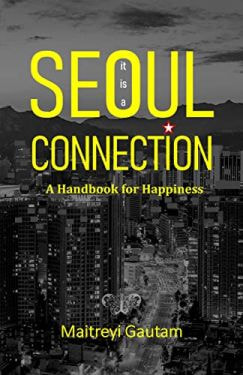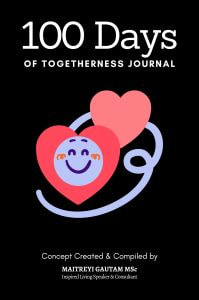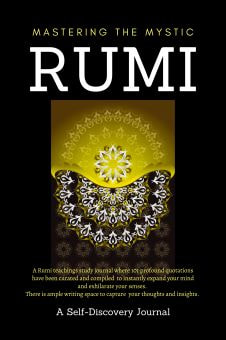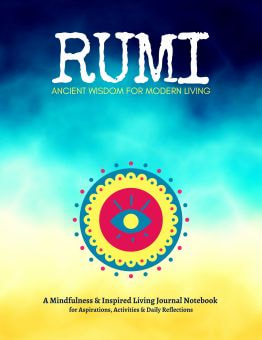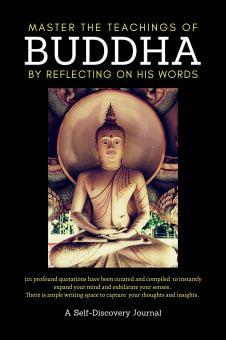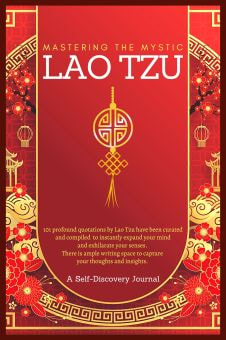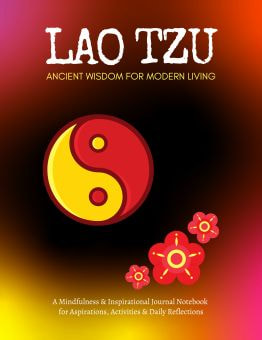A self-discovery journal is a potent tool in developing both EI and self-awareness, offering a structured space for reflection, analysis, and growth.
Here's how...
1. Identification of Emotions:
- Naming Emotions: By writing down feelings and reactions to events, you learn to name and identify emotions more accurately. Recognizing and labeling feelings is the first step toward understanding them.
2. Pattern Recognition:
- Spotting Trends: Journaling regularly helps in observing patterns in your reactions, triggers, and coping mechanisms. Recognizing these patterns can guide behavioral changes and strategies to manage emotions better.
3. Cause and Effect Analysis:
- Understanding Triggers: Delving deep into situations that evoke strong emotions can help identify specific triggers. This understanding can be pivotal in preventing negative emotional spirals or overreactions.
4. Safe Space for Expression:
- Honesty Without Judgment: A journal offers a judgment-free zone to express feelings openly. This freedom fosters a deeper connection with oneself, enhancing self-awareness.
5. Practicing Empathy:
- Perspective-Taking: By reflecting on interactions with others, you can attempt to understand their perspectives, motives, and feelings. This process nurtures empathy, a key component of emotional intelligence.
6. Setting Boundaries:
- Reflecting on Limits: Journaling about situations where you felt overwhelmed or uncomfortable can highlight areas where you need to set boundaries, promoting healthier interpersonal dynamics.
7. Visualizing Responses:
- Preemptive Coping: Writing about potential future scenarios and how you'd like to respond emotionally can be a powerful tool in shaping behavior, aiding in better emotional regulation.
8. Affirmations and Positive Self-talk:
- Building Self-esteem: Regularly noting down positive affirmations or instances where you displayed emotional strength can bolster self-esteem and confidence in handling emotions.
9. Feedback Processing:
- Constructive Criticism: When you receive feedback or criticism, journaling about it allows for a deeper analysis, separating emotional reactions from useful, constructive points. This reflection aids in personal growth and enhances interpersonal effectiveness.
10. Mindfulness and Grounding:
- Being Present: The act of writing brings your attention to the present moment. It encourages mindfulness, which is intrinsically linked with heightened emotional intelligence.
Conclusion:
A self-discovery journal acts as a mirror, reflecting the intricacies of your emotional landscape. It encourages introspection, challenges unchecked biases, and nurtures a deeper connection with oneself and others.
As with any skill, the development of emotional intelligence and self-awareness takes time and consistent effort. By making journaling a regular practice, you equip yourself with a powerful tool to navigate the complex world of emotions with grace, understanding, and empathy.


